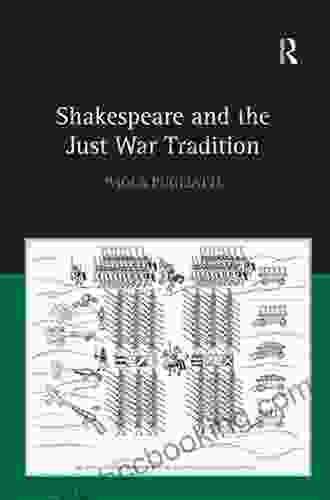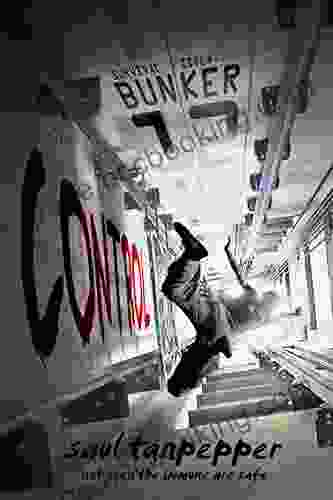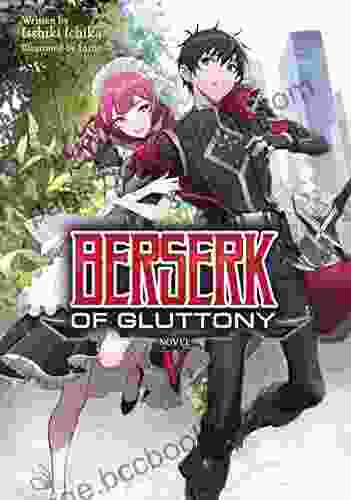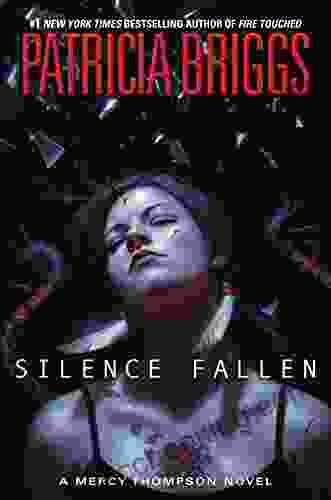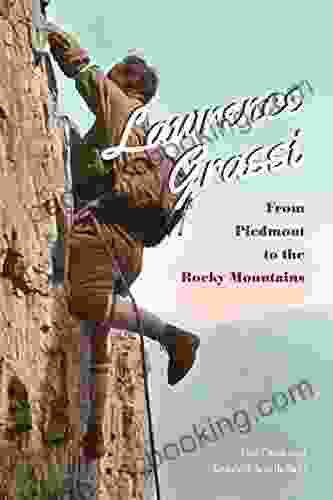Shakespeare and the Just War Tradition: A Comprehensive Guide to the Bard's Views on War and Peace

William Shakespeare, the renowned English playwright and poet, left behind a legacy of literary works that have captivated audiences for centuries. Among his vast collection of plays, several delve into the complexities of war and peace, offering profound insights into the ethics and morality of warfare.
In this comprehensive guide, we will explore Shakespeare's evolving views on just war theory, a body of ethical and legal principles that guide the conduct of war. Through an analysis of his major plays, we will uncover the Bard's nuanced understanding of the causes and consequences of conflict, the role of justice and morality in wartime, and the search for peace amidst the chaos of battle.
4.6 out of 5
| Language | : | English |
| File size | : | 5393 KB |
| Text-to-Speech | : | Enabled |
| Screen Reader | : | Supported |
| Enhanced typesetting | : | Enabled |
| Word Wise | : | Enabled |
| Print length | : | 260 pages |
Origins of Just War Theory
The concept of just war has its roots in ancient Greek and Roman philosophy, particularly the writings of Aristotle and Cicero. These philosophers argued that war could be justified under certain conditions, such as self-defense or the protection of innocent civilians.
Over time, Christian theologians further developed just war theory, introducing principles such as the distinction between combatants and non-combatants, the proportionality of force, and the need for a legitimate authority to declare war.
Shakespeare's Early Plays: The Glorification of War
In his early plays, such as Henry V and Titus Andronicus, Shakespeare presents a more traditional view of war as a heroic and glorious enterprise. His characters embrace battle with enthusiasm, seeking honor and glory on the battlefield.
In Henry V, the title character delivers a rousing speech to his troops before the Battle of Agincourt, invoking the language of chivalry and national pride. He portrays war as a necessary evil, a trial by fire that will test their mettle and bring them victory.
The Middle Period: Questioning the Justness of War
As Shakespeare's career progressed, his views on war became more complex and nuanced. In plays such as Troilus and Cressida and Hamlet, he began to question the traditional justifications for war and explore its devastating consequences.
In Troilus and Cressida, Shakespeare depicts the Trojan War as a senseless and destructive conflict, driven by pride, ambition, and lust. The play exposes the hypocrisy of those who wage war in the name of honor and justice, while their actions lead to suffering and chaos.
The Late Plays: A Search for Peace
In his late plays, Shakespeare's focus shifted towards the search for peace and reconciliation. In The Tempest, Prospero, the deposed Duke of Milan, uses his magical powers to create a utopian island where conflicts are resolved through forgiveness and understanding.
The Winter's Tale, another late play, explores the themes of redemption and reconciliation. The play follows the story of Leontes, a king who is consumed by jealousy and suspicion. Through a series of events, Leontes is forced to confront his own wrongng and seek redemption for his past actions.
Shakespeare's plays offer a rich and multifaceted exploration of the nature of war, justice, and morality. Through his characters and their experiences, he provides profound insights into the complexities of human conflict and the search for peace.
Whether he is glorifying the heroism of soldiers or questioning the justifications for war, Shakespeare's works continue to resonate with audiences today, reminding us of the enduring human struggle to balance the pursuit of justice with the desire for peace.
For those seeking a deeper understanding of Shakespeare's views on war and the just war tradition, this comprehensive guide provides an invaluable resource. Through the analysis of his major plays, we gain a profound appreciation for the Bard's timeless wisdom on one of the most enduring and complex aspects of the human experience.
To delve further into the world of Shakespeare and the just war tradition, consider reading the following works:
- Shakespeare and the Just War Tradition by Jonathan Bate
- War and Peace in Shakespeare's Plays by Brian Vickers
- Shakespeare's Ethics by Stephen Greenblatt
4.6 out of 5
| Language | : | English |
| File size | : | 5393 KB |
| Text-to-Speech | : | Enabled |
| Screen Reader | : | Supported |
| Enhanced typesetting | : | Enabled |
| Word Wise | : | Enabled |
| Print length | : | 260 pages |
Do you want to contribute by writing guest posts on this blog?
Please contact us and send us a resume of previous articles that you have written.
 Book
Book Novel
Novel Page
Page Chapter
Chapter Text
Text Story
Story Genre
Genre Reader
Reader Library
Library Paperback
Paperback E-book
E-book Magazine
Magazine Newspaper
Newspaper Paragraph
Paragraph Sentence
Sentence Bookmark
Bookmark Shelf
Shelf Glossary
Glossary Bibliography
Bibliography Foreword
Foreword Preface
Preface Synopsis
Synopsis Annotation
Annotation Footnote
Footnote Manuscript
Manuscript Scroll
Scroll Codex
Codex Tome
Tome Bestseller
Bestseller Classics
Classics Library card
Library card Narrative
Narrative Biography
Biography Autobiography
Autobiography Memoir
Memoir Reference
Reference Encyclopedia
Encyclopedia Peter Godwin
Peter Godwin Paulette Harper
Paulette Harper William Lubbeck
William Lubbeck Timothy E Wilens
Timothy E Wilens Paul Trammell
Paul Trammell Oliver Clarke
Oliver Clarke Shannon Ables
Shannon Ables R L Giddings
R L Giddings Shannon Philpott Sanders
Shannon Philpott Sanders Skylar Kergil
Skylar Kergil P A Choi
P A Choi Robert B Gordon
Robert B Gordon Phil Jamison
Phil Jamison Sarah K Mock
Sarah K Mock Ruthven Todd
Ruthven Todd Pamela Druckerman
Pamela Druckerman Tom Verducci
Tom Verducci Sally Agar
Sally Agar Penny Alexander
Penny Alexander Paula Danziger
Paula Danziger
Light bulbAdvertise smarter! Our strategic ad space ensures maximum exposure. Reserve your spot today!
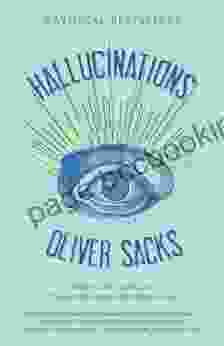
 Oliver FosterUnveiling the Enigma of Hallucinations: A Journey into the Mind with Oliver...
Oliver FosterUnveiling the Enigma of Hallucinations: A Journey into the Mind with Oliver...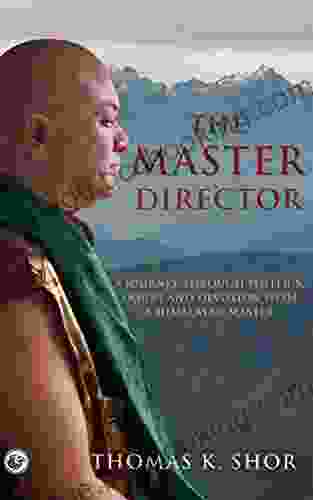
 Federico García LorcaJourney Through Politics, Doubt, and Devotion: A Conversation with a...
Federico García LorcaJourney Through Politics, Doubt, and Devotion: A Conversation with a... Thomas PynchonFollow ·19.1k
Thomas PynchonFollow ·19.1k Roger TurnerFollow ·14.9k
Roger TurnerFollow ·14.9k Robert Louis StevensonFollow ·7.9k
Robert Louis StevensonFollow ·7.9k Tom HayesFollow ·6.8k
Tom HayesFollow ·6.8k Colin RichardsonFollow ·8.9k
Colin RichardsonFollow ·8.9k Mario BenedettiFollow ·9.3k
Mario BenedettiFollow ·9.3k Elliott CarterFollow ·2.8k
Elliott CarterFollow ·2.8k Fletcher MitchellFollow ·10.9k
Fletcher MitchellFollow ·10.9k
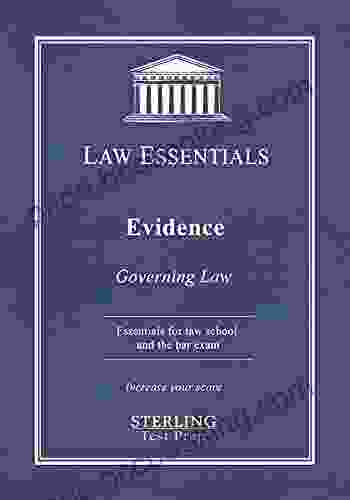
 Marvin Hayes
Marvin HayesGoverning Law for Law School and Bar Exam Prep: Your...
Unlock the Secrets of...
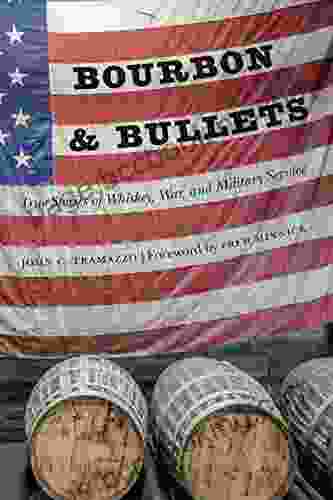
 Sidney Cox
Sidney CoxUnveiling the Epic Tales of Whiskey, War, and Military...
In the tapestry of history,...
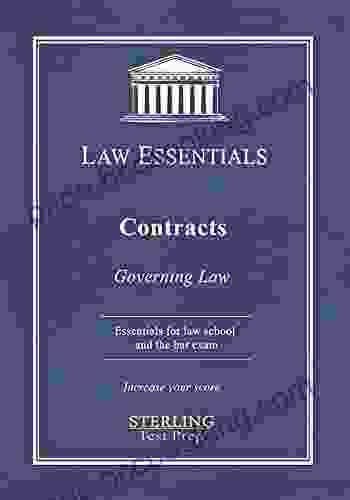
 Victor Turner
Victor TurnerGoverning Law for Law School and Bar Exam Prep: The...
What is Governing...
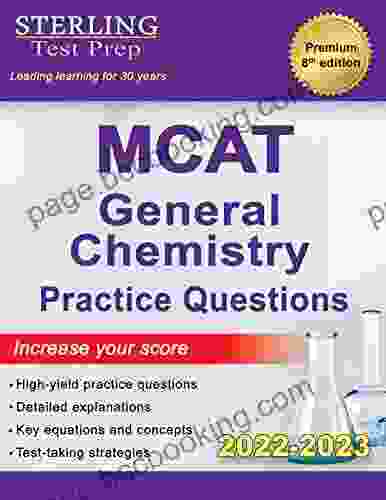
 Robert Browning
Robert BrowningSterling Test Prep MCAT General Chemistry Practice...
: Embark on Your MCAT General Chemistry...
4.6 out of 5
| Language | : | English |
| File size | : | 5393 KB |
| Text-to-Speech | : | Enabled |
| Screen Reader | : | Supported |
| Enhanced typesetting | : | Enabled |
| Word Wise | : | Enabled |
| Print length | : | 260 pages |


